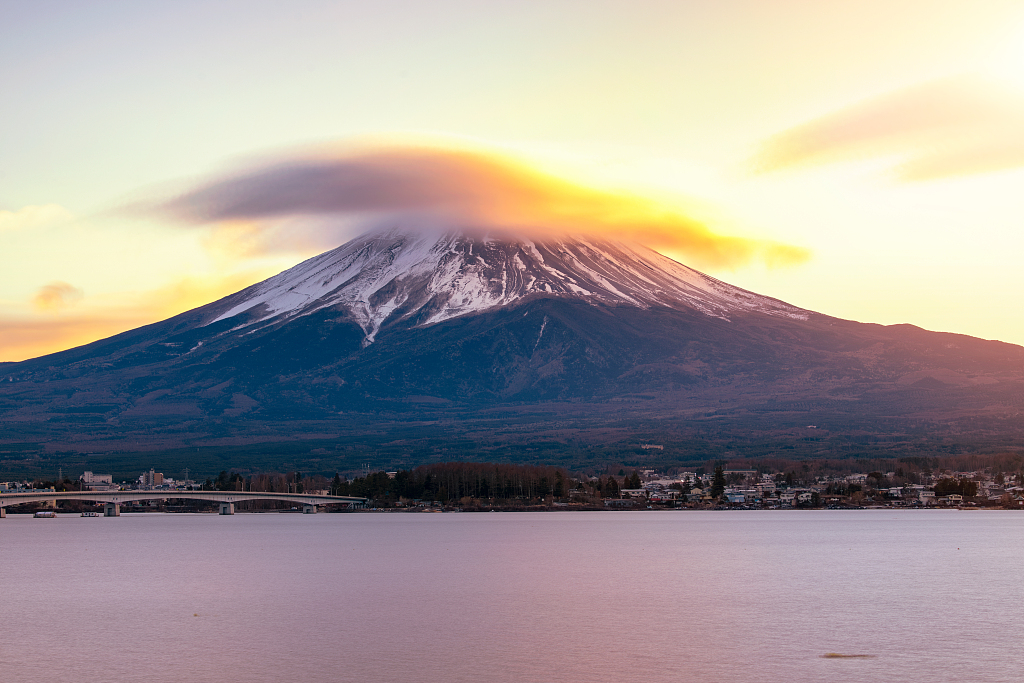Japan's Foreign Ministry wants the world to begin using the traditional order for Japanese names, with family names first.

File photo: VCG
Prime Minister Shinzo Abe would become Abe Shinzo, as he is known in Japan, ending the Westernized name order the country adopted for use with foreigners more than a century ago as a means of internationalization.
Family names also precede given names in China and South Korea, but both of those countries use that style internationally as well.
Foreign Minister Taro Kono plans to ask foreign journalists to shift to the Japanese name order to mark the beginning of Japan's new imperial era, an upcoming Group of 20 summit in Osaka in late June and the Tokyo 2020 Olympic Games. There is also the rugby world cup and new Emperor Naruhito's enthronement ceremony later this year, Kono said.
"Many foreign media refer to the Chinese president as Xi Jinping and South Korean president as Moon Jae-in, and I believe it is desirable to note the prime minister likewise as Abe Shinzo," Kono told reporters Tuesday. "I plan to ask international media to do so." He added that domestic media with English-language services should also consider changing the name order.
Kono, educated in the US and fluent in English, has long advocated for a change. His family name appears first on his business card and on Twitter.
"I've been wondering for a long time about why I become Kono Taro in English even though I'm Taro Kono," he told a parliamentary committee on diplomacy and defense in April.
Names of journalists from Western media are printed on Foreign Ministry-issued identification cards with family names first.
Kono's suggestion received mixed reactions, even from the ruling party.
While conservatives including Education Minister Masahiko Shibayama supported the change, others including Chief Cabinet Secretary Yoshihide Suga were cautious, citing "customary practice." The first name-first style has become a standard on credit cards and at many private companies.
An education panel's similar proposal 20 years ago was largely ignored.


